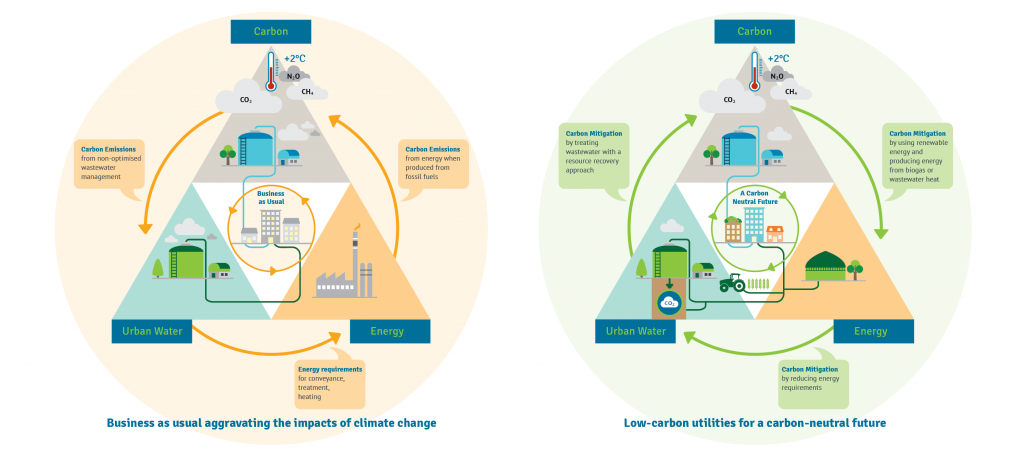Cities fo the Future

For the first time in history, over half of the world’s population is living in cities.
Cities may occupy just 2 per cent of the earth’s land surface with people that generate 80 per cent of all economic output.
These people will be living in an increasingly water scarce world at a time when demand for water is projected to increase by 55 per cent by 2050.
The rapid population growth, industrialization, climate change, water pollution, and maintaining, renewing and expanding urban water infrastructure are just some of the unprecedented challenges facing urban water management and systems of the cities.
Cities are the future for humanity, but the failure to manage higher population density or climate change can result in a threat to resources – water, energy, food – and have a profound impact on human health and well-being, the environment and the economy.
We think it will put pressure on infrastructure, resources and the environment.
Encouragingly, those responsible for planning and building the urban centers of the future are up to the challenge. Worldwide, authorities are working ever more closely with the private sector in an effort to make our cities safer, more sustainable and better connected.
That’s good news for the planet.
Smart emergence cities should promise to create important business opportunities for a wide range of companies that contribute to urban development.
More people need more buildings: houses, offices, schools, leisure centres. The challenge is to design, plan, construct and finance these buildings in an efficient and sustainable fashion.
China and India alone require up to 2.8 billion square meters of new residential and commercial space a year. Although there are efforts underway to build higher to save space and reduce urban sprawl, conventional skyscrapers tend to be very environmentally unfriendly both during construction and operation – which ultimately also makes them expensive.
LEED, or Leadership in Energy and Environmental Design, is the most widely used green building rating system in the world.

Available for virtually all building, community and home project types, LEED provides a framework to create healthy, highly efficient and cost-saving green buildings.
LEED certification has established global best practices in terms of green buildings, harnessing technologies. It is a globally recognized symbol of sustainability achievement.
Are you an imaginative, problem solving young professional, start up or student involved in surveying, urban design, architecture, or engineering?
Share your transformative ideas for projects and policies that will solve some of the defining issues of our time.
